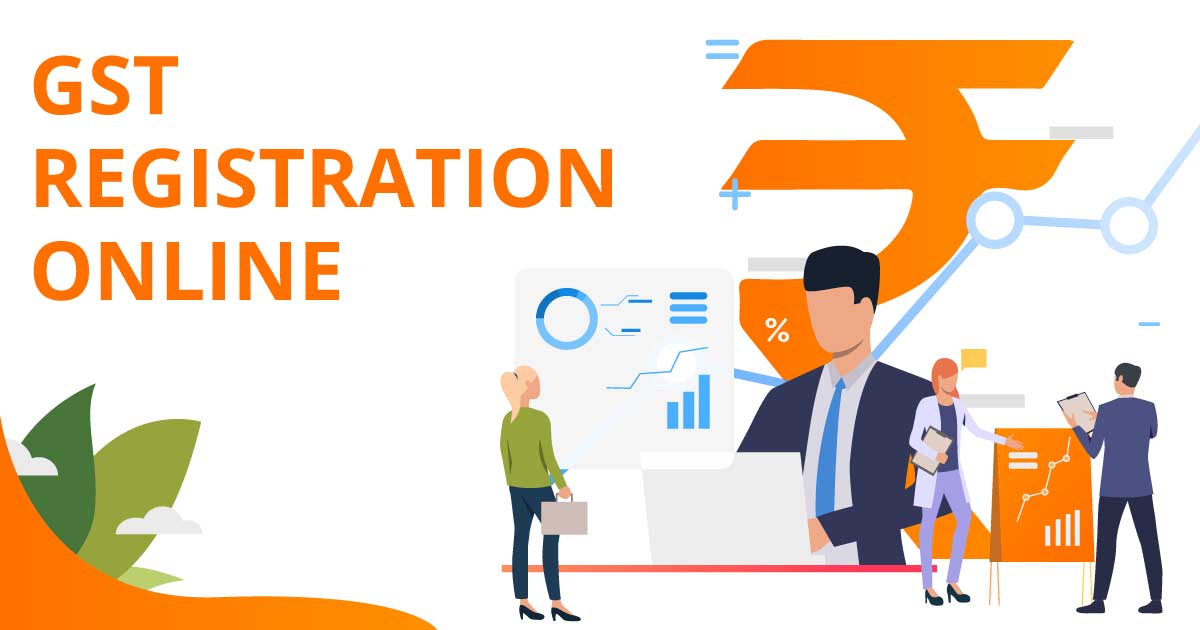Comprehensive Overview to the Best GST Registration Services in Singapore
Comprehensive Overview to the Best GST Registration Services in Singapore
Blog Article
From Start to End Up: The Ultimate Roadmap to GST Registration for Businesses Looking For Financial Stability
Browsing the intricacies of Item and Provider Tax Obligation (GST) registration is a critical action for organizations making every effort for monetary stability. Breaking down the roadmap into workable actions can simplify the enrollment trip for businesses looking to enhance their monetary standing.
Comprehending GST Fundamentals
Exploring the fundamental principles of Goods and Services Tax (GST) is crucial for obtaining a comprehensive understanding of its effects on organizations and the economic climate. GST is a value-added tax obligation imposed on a lot of products and solutions for residential usage. It has replaced multiple indirect tax obligations that existed in the pre-GST period, simplifying the tax obligation structure and improving convenience of doing company in India. Under the GST system, both goods and solutions are strained at a particular price, which is established based on their classification. If their yearly turn over exceeds the threshold restriction established by the government, businesses are called for to register for GST. Input Tax Obligation Credit Score (ITC) is a considerable function of GST, permitting services to claim credit for tax obligations paid on inputs, decreasing the overall tax burden. Understanding the essentials of GST is vital for companies to abide with tax regulations, handle their finances successfully, and contribute to the nation's economic growth by getting involved in a transparent tax system.
Eligibility Standards for Registration
To register for GST, businesses should meet details eligibility criteria developed by the federal government. The main qualification requirement is that any kind of business involved in the supply of goods or services with a yearly aggregate turn over above the threshold limitation established by the authorities have to sign up for GST. As of the present policies, the threshold limitation for GST enrollment is a yearly aggregate turn over of 40 lakhs for organizations operating within a state, besides special group states where the limitation is 20 lakhs. Furthermore, specific businesses are required to register for GST regardless of their turnover, such as interstate vendors, laid-back taxed persons, and companies reliant pay tax under the reverse fee device. It is vital for services to completely assess their turnover and transaction types to determine their GST enrollment obligations properly. Failure to sign up for GST when eligible can bring about penalties and legal effects, making it essential for services to follow the specified qualification criteria.
Records Required for Enrollment
Having met the qualification requirements for GST enrollment, services need to now ensure they have the requisite files in place to continue with the registration procedure efficiently. The documents needed for GST registration generally consist of evidence of company constitution, such as you could try here collaboration action, enrollment certification, or unification certificate for various types of services. Furthermore, organizations need to give papers developing the principal area of company, such as a rental arrangement or power costs.
Step-by-Step Registration Refine
Commencing the GST registration process entails a collection of organized actions to make sure a certified and smooth enrollment for organizations. The initial step is to visit reference the GST website and submit the enrollment kind with accurate details of business entity. Following this, the candidate obtains a Short-term Referral Number (TRN) which is utilized to return to the application process if it's not completed in one go.
Following, all called for documents according to the list given by the GST portal demand to be posted. These files generally consist of proof of organization identification, address and enrollment proofs of marketers, financial statements, and company entity's PAN card.

Post-Registration Conformity Standards

Final Thought
To conclude, organizations looking for financial stability has to comprehend the fundamentals of GST, meet eligibility standards, collect required records, comply with the detailed registration process, and follow post-registration standards - Best GST registration services in Singapore. By sticking to these steps, businesses can guarantee conformity with tax policies and preserve financial stability in the future
Furthermore, specific services are required to register for GST regardless of their turn over, such as interstate providers, casual taxable individuals, and services liable to pay tax obligation under the reverse charge system.Having fulfilled the eligibility criteria for GST registration, companies must currently ensure they have the requisite documents in location to continue with the registration procedure effectively. The documents needed for GST registration commonly include evidence of company constitution, such as collaboration action, registration certification, or consolidation certification for different types of businesses. Furthermore, businesses require to provide papers establishing the major location of organization, such as a rental agreement or electricity bill.Beginning the GST registration procedure entails a collection of organized steps to ensure a certified and smooth registration for services.
Report this page